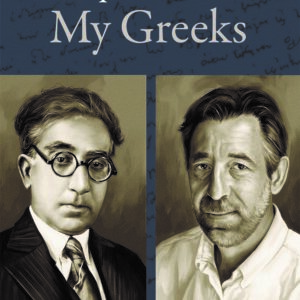
Correspondence with My Greeks
NOW AVAILABLE! Correspondence with My Greeks is a work at once deeply human and hauntingly transcendent, the full flowering of the poet’s lifelong devotion to the generative power of the word.

NOW AVAILABLE! Correspondence with My Greeks is a work at once deeply human and hauntingly transcendent, the full flowering of the poet’s lifelong devotion to the generative power of the word.

Matters for You Alone is a spiritual exploration of friendship: its shapes and duties, stresses and blames—and its absolute necessity. The book takes its title from Jean-Pierre de Caussade’s classic, Abandonment to Divine Providence, as it strives to interpret everyday encounters and events—the domestic, the mundane—in light of the eternal.
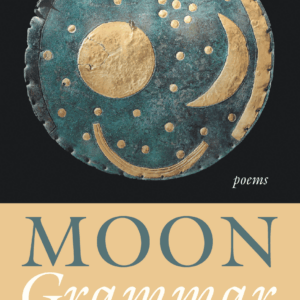
In the opening poem of Matthew Porto’s dazzling debut collection, we hear the voice of the recurring angel figure for the first time, commanding us to “Get used to the light.” That light—blinding, mysterious, unsettling, but occasionally illuminating—shows up again and again in Porto’s taut, elegant poems.
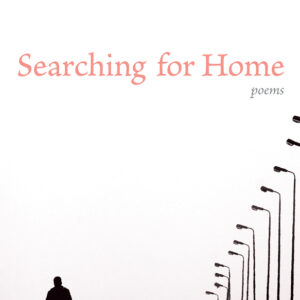
Searching for Home, Robert Pack’s splendid twenty-second collection of poems, written largely during his last year of life, centers on the search for meaning. At its heart are sequences of poems about three figures, each a seeker after some physical or conceptual home where uncertainties are overcome.
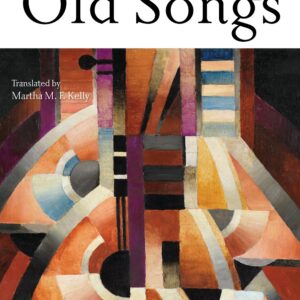
FINALIST, 2024 PEN AWARD FOR POETRY IN TRANSLATION
“Olga Sedakova is a writer of global significance. . .the publishing of this collection is a welcome stage in the reception of her exceptional genius in the West.” So writes Rowan Williams in his foreword to this translation of Old Songs.

With humor, anger, and tenderness, Richard Michelson’s poems explore the boundaries between the personal and the political—and the deep connections between history and memory.
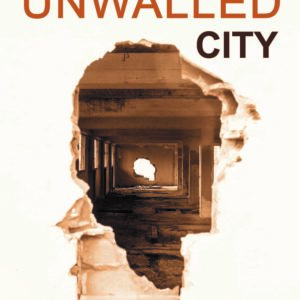
In the Unwalled City takes its title from Epicurus, who wrote: “Against other things it is possible to obtain security, but when it comes to death, we human beings all live in an unwalled city.”
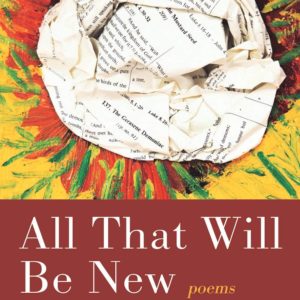
In the poem that opens this, his ninth collection, one of our most celebrated men of letters contemplates the “primordial tensions” felt in the crashing waves of a Northeaster, the glory and terror of the storm as “the real comes crashing finally down on you.” Contemplating as we all must the unrelenting passing of time and the harsh realities of history, Paul Mariani embodies the filmmaker Akira Kurosawa’s dictum that “the artist is the one who does not look away.”
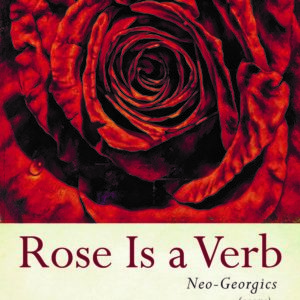

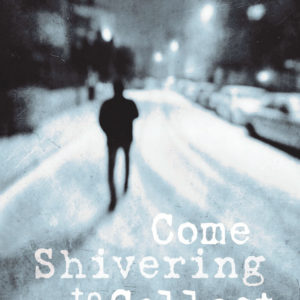
The poems in John Pleimann’s Come Shivering to Collect live and move and have their being in a world that is both twilit and sacred. Speakers wrestle with memory’s power to obsess and distort, to haunt, and to evoke. They discover that life mocks happiness, and the only thing sacred is to be vulnerable.
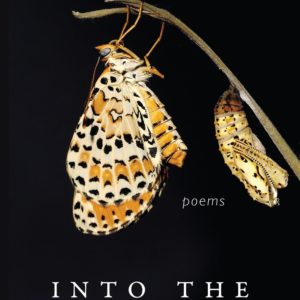
In its variety and generosity, Into the New World fashions poem-sized meeting places that invite us to be less divided from one another, less alone.
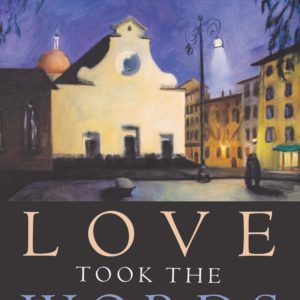
“Love took the words right out of my mouth.” So begins the first line of Christopher Jane Corkery’s poignant and unforgettable new collection of poems.
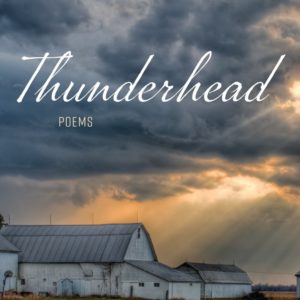
The lyric poems in Daye Phillippo’s radiant debut collection Thunderhead explore faith, motherhood, family, and community. As the author has put it, she has lived her life “backwards,” first raising a large family, then going back to school, and only now seeing her work find its way into print.

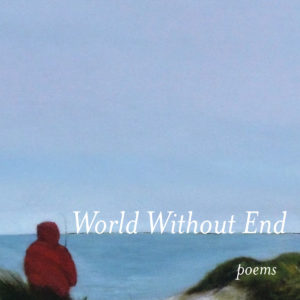
World Without End, Claude Wilkinson’s fourth poetry collection, takes its title from the last words of the Gloria Patri. But the preceding words—“as it was in the beginning, is now and ever shall be”— also echo the book’s overarching theme: the seemingly infinite spiritual implications woven throughout our experience in the natural world.
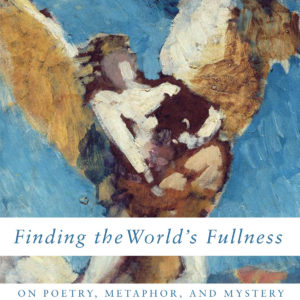
Forty years as a poet has kept Robert Cording looking at the details of everyday experience, at what Richard Wilbur called the “hunks and colors of the world.” That long labor has brought him face-to-face with the inescapable (and inscrutable) complexity of a world that is full of suffering and injustice. And grace.
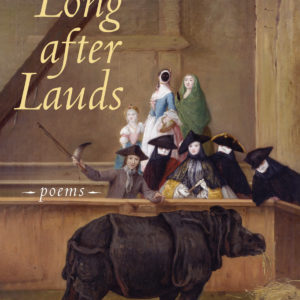
In monastic life, the first hour of daily prayers, Matins, roused the community to wake up. Wisely, the second hour was Lauds, which means praise—praise with that freshly awakened consciousness. In this way, such an attitude toward the world, seen and unseen, could be absorbed before breakfast.
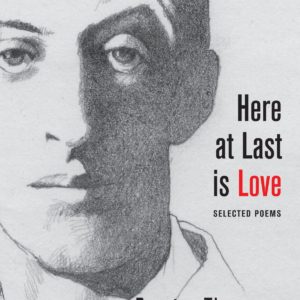
The definitive, authorized selection of Thompson’s best work, revealing to a wider public the literary vision of a “lost master.”
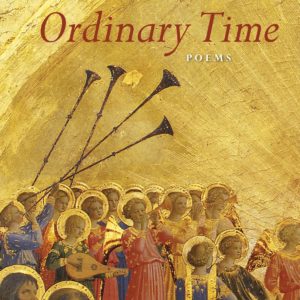
With Ordinary Time, his eighth collection, the distinguished poet and biographer Paul Mariani shares a vision of the world in which the sacred and the quotidian mingle, sometimes quietly and sometimes with revelatory force.